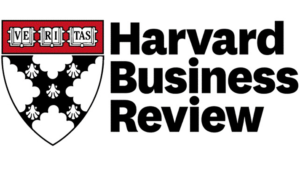 We have just published on hbr.org a short article. It updates where we are in the coporate liberation and restates some principles that every manager willing to enter it must know.
We have just published on hbr.org a short article. It updates where we are in the coporate liberation and restates some principles that every manager willing to enter it must know.
Give Your Team the Freedom to Do the Work They Think Matters Most
Since at least the time of Frederick Taylor, the father of “scientific management,” control has been central to corporate organization: Control of costs, of prices, of investment and—not least—of people.
Control, even a perception of it, can be comforting. Moreover, it feels like what a manager should be doing: Setting targets, monitoring adherence to procedures, directing, shaping the future of the business. Control feelsessential—especially if you are the boss.
Except it turns out that far from being vital, top-down control carries serious costs, many of which have been hiding in plain sight. What is more, there is an alternative. And not a pie-in-the-sky fantasy conjured up on a whiteboard, but a real, working alternative. It has been practiced to varying degrees in companies around the world for decades. And in France in particular, it is taking on the character of a movement. Companies as large as Michelin and Carrefour are questioning their control structures and seeing real results from replacing them.
This alternative has never had a name because—fittingly, as you’ll see—it hasn’t really had a guru. Its principles have been passed from business leader to business leader like samizdat. But more recently it has started to come into the open. We call it corporate liberation.
You can continue to the full article here.
